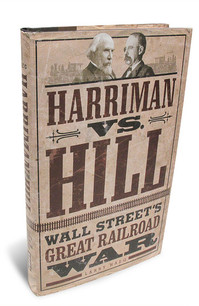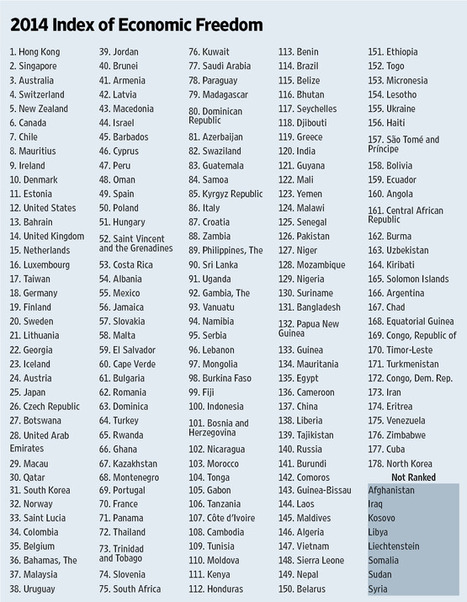 “Antigovernment protesters blocking a street in San Cristóbal, in western Venezuela, decorated their barrier like a beach scene.” Source of caption and photo: online version of WILLIAM NEUMAN. “Slum Dwellers in Caracas Ask, What Protests?” The New York Times (Sat., March 1, 2014): A1 & A8.
“Antigovernment protesters blocking a street in San Cristóbal, in western Venezuela, decorated their barrier like a beach scene.” Source of caption and photo: online version of WILLIAM NEUMAN. “Slum Dwellers in Caracas Ask, What Protests?” The New York Times (Sat., March 1, 2014): A1 & A8.
(p. A6) CARACAS, Venezuela–President Nicolás Maduro declared an extended Carnival holiday season, betting that sun, sand and rum will help calm the worst civil unrest to sweep the oil-rich nation in more than a decade.
As some opposition leaders called to cancel the celebrations to mourn those who died in recent weeks during protests, Mr. Maduro’s ministers publicly encouraged Venezuelans to hit the beach for the pre-Lent festivities.
. . .
Among those officials most visible to the public these days has been Tourism Minister Andres Izarra, who has been hitting tourist hot spots with a campaign called “Carnival 2014–The Coolest Holiday.”
He said that officials were opening 180 tourist information centers for the long holiday weekend and increasing maintenance and trash pickup at beaches that are often covered with empty alcohol containers. Meanwhile, the transportation minister, Haiman El Troudi, said new bus routes would be added to get Venezuelans to the beach.
For the full story, see:
KEJAL VYAS and JUAN FORERO. “Venezuela Leader Fights Unrest With Fiesta; President Maduro Extends Carnival Celebration After Opposition Call For Mourning, More Protests.” The Wall Street Journal (Fri., FEB. 28, 2014): A6.
(Note: ellipsis added.)
(Note: the online version of the story has the date Feb. 27, 2014.)
 “PARTY LINE: Venezuela President Nicolás Maduro, reeling from weeks of protests, called for Carnival season to begin early, and his ministers urged Venezuelans to hit the beach. But the crumbling economy and food shortages created scenes such as the lines at a supermarket.” Source of caption and photo: online version of the WSJ article quoted and cited above.
“PARTY LINE: Venezuela President Nicolás Maduro, reeling from weeks of protests, called for Carnival season to begin early, and his ministers urged Venezuelans to hit the beach. But the crumbling economy and food shortages created scenes such as the lines at a supermarket.” Source of caption and photo: online version of the WSJ article quoted and cited above.
 “Opposition demonstrators wearing Carnival masks take part in a women’s rally against Nicolás Maduro’s government in Caracas on Wednesday.” Source of caption and photo: online version of the WSJ article quoted and cited above.
“Opposition demonstrators wearing Carnival masks take part in a women’s rally against Nicolás Maduro’s government in Caracas on Wednesday.” Source of caption and photo: online version of the WSJ article quoted and cited above.






